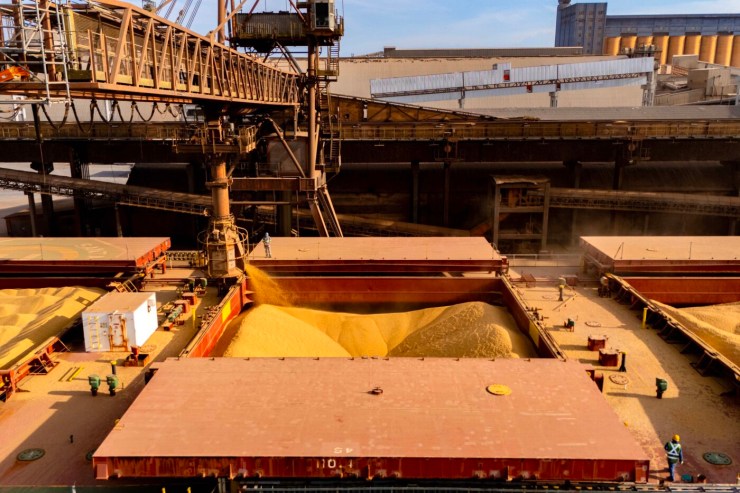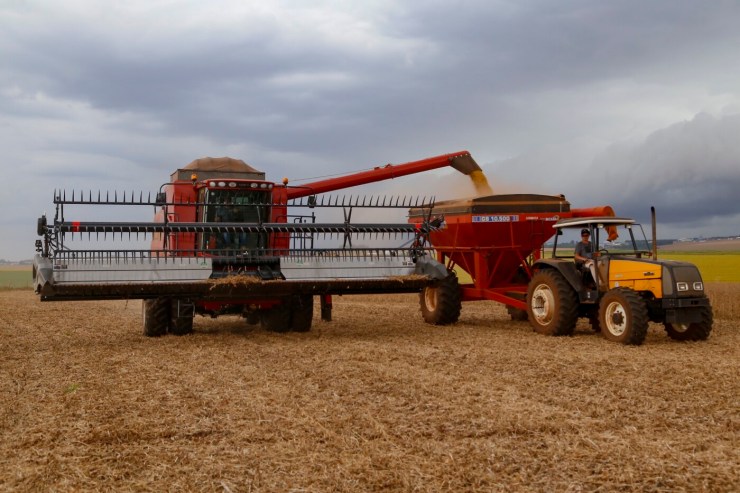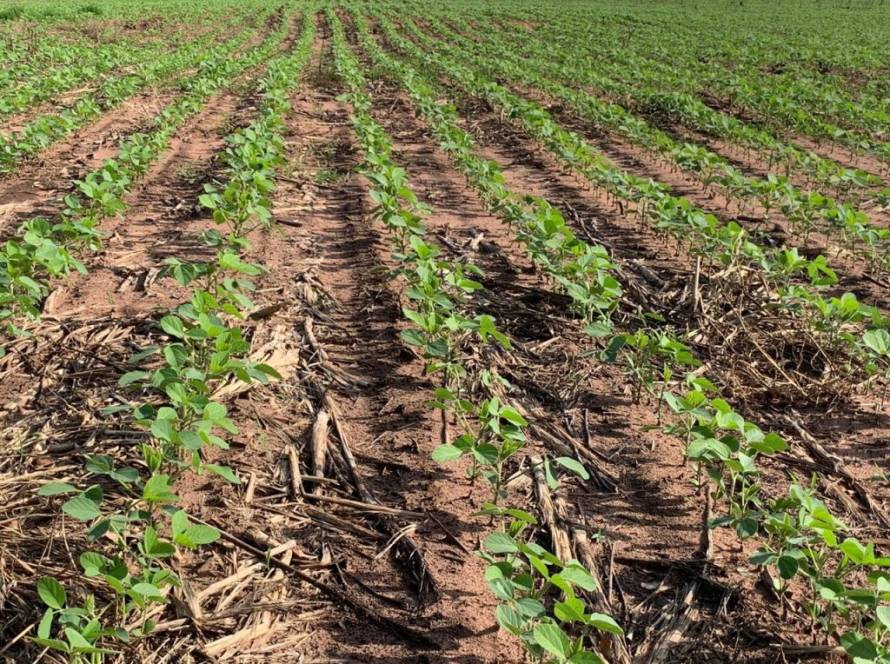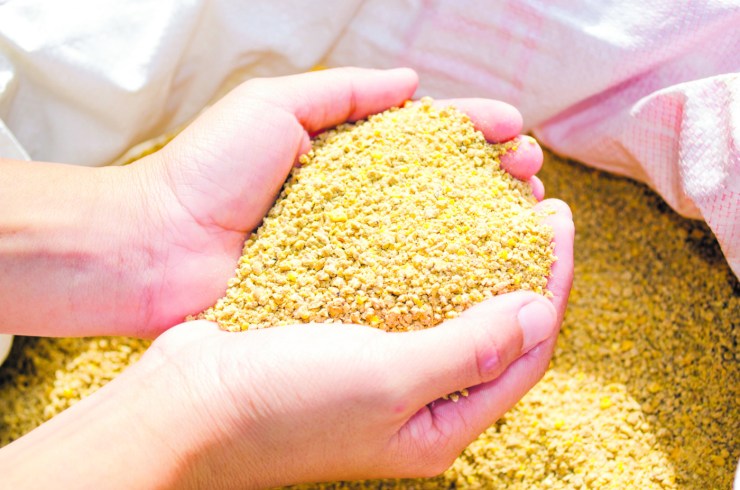The Ministry of Agriculture and Livestock (Mapa), in collaboration with the Federal Police (PF), intercepted an attempted export fraud at the Port of Paranaguá, in Paraná, on June 10. The action resulted in the seizure of 39,250 kilos of adulterated soybean meal, material destined for the international market.
The cargo was identified with irregularities in the access and mandatory classification process, and the adulteration was confirmed at the destination terminal. Samples were collected by federal agricultural inspectors (AFFAs) from the Paraná Plant-Based Products Inspection Service (SIPOV/PR), part of MAPA. Initial analyses revealed the presence of sand, sawdust and mold mixed with the soybean meal, characterizing fraud.

Photos: Disclosure/Map
The import and export of agricultural products are governed by strict health and quality requirements defined by MAPA. Adulteration, as identified in this case, represents a serious infraction and compromises animal and plant health, in addition to generating economic losses and harming the country's image. This incident highlights the importance of ongoing monitoring to maintain the credibility of Brazilian agribusiness.
According to the head of SIPOV/PR, Fernando Mendes, this operation is an example of the effectiveness of inspections and the joint effort between government agencies. The initiative, which was initiated by the Federal Public Prosecutor's Office (MPF), aims to curb fraudulent practices in bulk exports, ensuring that Brazil maintains its status as a reliable and safe supplier in the global market.
Investigations are ongoing to determine the extent of the irregularities, identify the criminal organization involved and determine those responsible for this attempted fraud. The company responsible for the cargo must present a disposal plan for the seized material, in accordance with environmental regulations. Historically, and according to the rules of the Ministry of Agriculture and Livestock (Mapa), adulterated cargo such as this is sent to a landfill.





